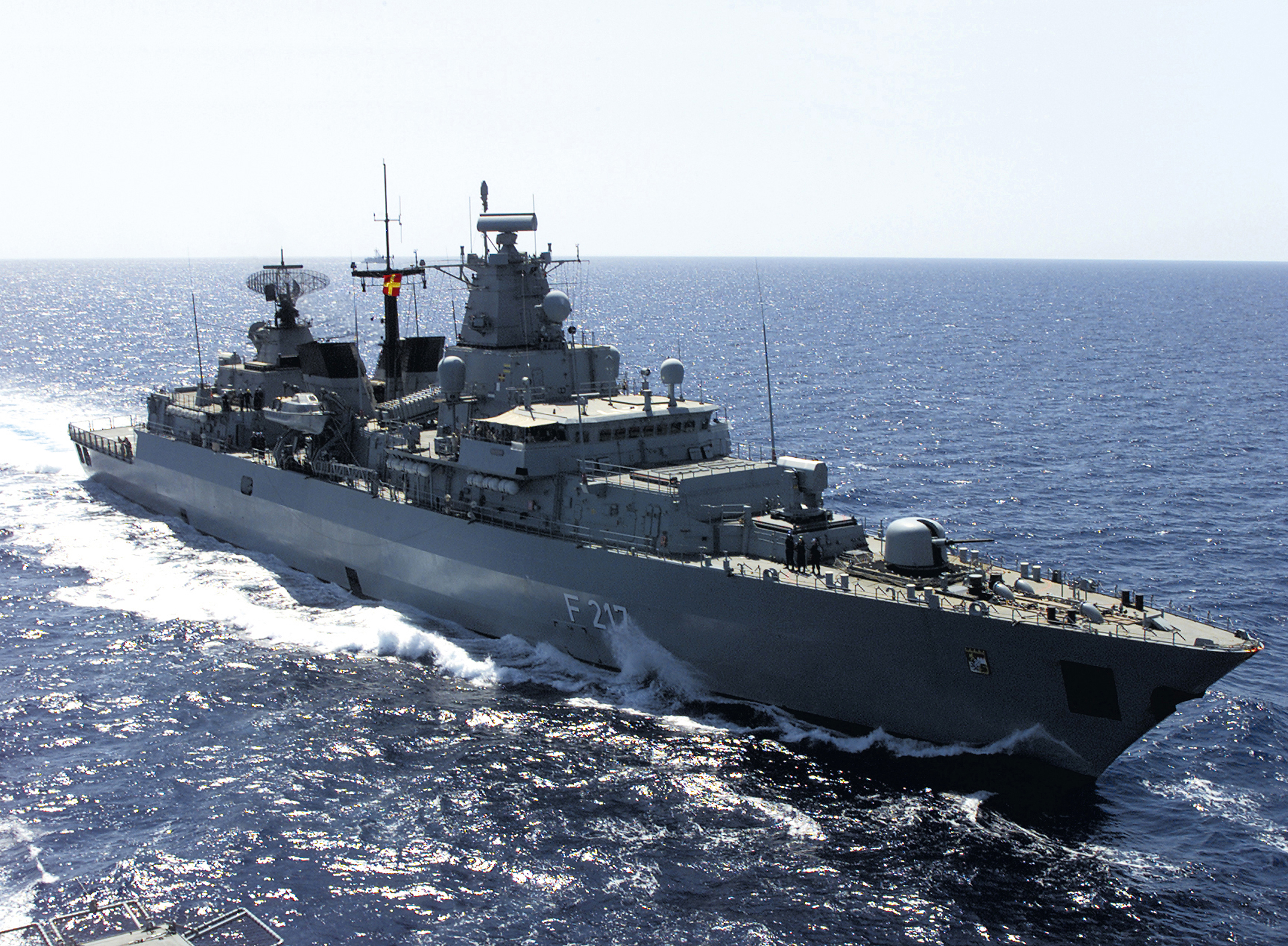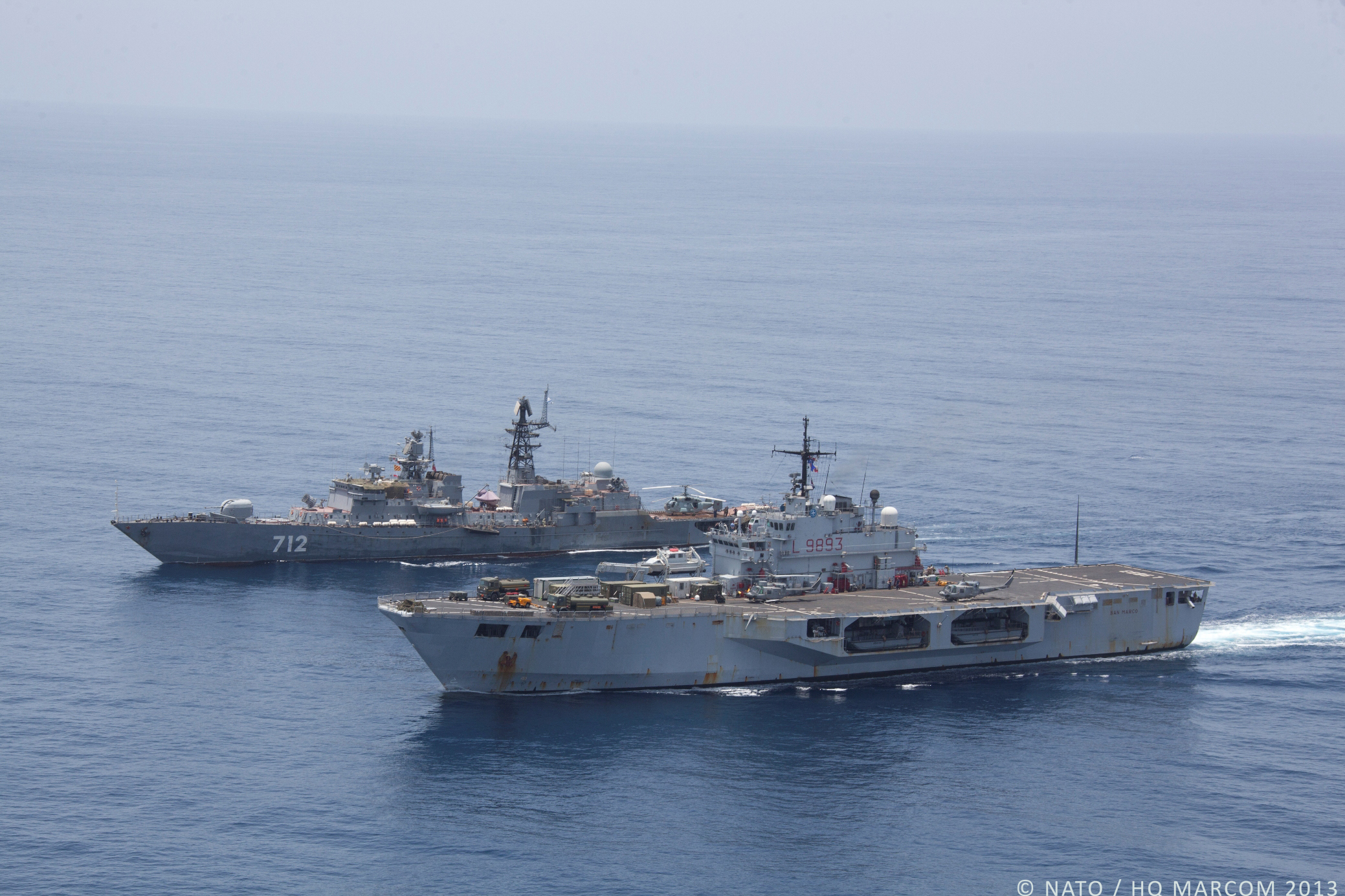Deliver the pirates or free them? Puntland or not Puntland?

(BRUSSELS2) Finally, the 35 hackers arrested by the French frigate Nivose, on several occasions, within the framework of the European anti-piracy operation Atalanta, the first weekend of March, should all be handed over to judicial authorities. 24 were thus handed over to the authorities of Puntland (autonomous region of Somalia), on March 13, confirmed the General Staff of the armies. As for the 11 others, they should be repatriated by plane from Djibouti to the Seychelles (they should join the 6 hackers recovered in flagrante delicto by the protection teams on board the Torre Giulia). The EU having signed an agreement with the Djiboutian authorities allowing the use of national facilities for transfer to other countries.
Delivery under the national flag
The EU does not have a transfer agreement with Somalia or Puntland. And refuses to do so for the moment, both for legal and political reasons. There is no Somali "rule of law", which meets international standards (*) and the EU does not want to accredit the existence of autonomous entities by bypassing the central "authority". But, for France, it is a question of each arrested suspect not being released but transferred to a judicial authority. To resolve this hiatus, we proceed to a little sleight of hand. The vessel concerned leaves the European flag and then resumes its national flag. Officially, the EU sees nothing and does not count its suspects in the count of those brought to justice.
Puntland has already tried 154 pirates
This is not the first time that pirates have been delivered to Puntland by the French navy (which "loves" the region). India, Egypt, the United States have also chosen this path. According to the Puntland government, which provided an update on the matter, as of March 11, “ 154 pirates were sentenced to long terms which they are serving in penitentiaries. And 50 await their judgement”.
France rarely releases suspects
It's not a decoy. According to my accounts (see review of anti-piracy operations), of the 167 pirates arrested by a French vessel in the Indian Ocean (all operations combined, under European or national flag), 164 were handed over to a state authority, a record prosecution rate of 98%. Of the 164 handed over to an authority: 83 suspects were handed over to Somali Puntland, 9 to the Somali Coast Guard, 29 transferred to Kenya, 28 to the Seychelles (or in the process of being transferred), 15 repatriated for trial in France.
From a legal point of view, there are several instruments
International first (the Montego Bay convention, that of Rome), European (the framework decision of the Atalanta operation as well as the transfer agreements made with Kenya and the Seychelles) and national law (penal code). There is therefore not one applicable rule but several. And according to the point of view that one defends one can arrive at different conclusions: legal delivery or not. I will not enter into Byzantine quarrels, on which eminent jurists surely have greater competence than me. But, according to my information and my analysis of the texts (**), the situation can be summarized in a few points.
In the international zone (outside territorial waters), it is the right of the State which carried out the capture to decide the fate of its suspects, according to its national law. He can thus decide to:
1) judge them in his State if he deems it necessary and it is legally possible (in general a clear and proven connection with a national);
2) transfer them to another State, for example the State of origin of the suspect (according to a general principle, a national can be judged by his State).
The system in force within the European operation Atalanta adds two other possibilities of transfer: either to another Member State or participant in the operation which claims it and has signed a declaration to this effect (***); or to a coastal State with which the European Union has concluded a transfer agreement (Kenya, Seychelles) if the latter deems it necessary and it is legally possible. Faced with the difficulties with Kenya (which is overwhelmed), the EU is preparing agreements with other States (****).
Logical decision. The transfer to Somali Puntland of Somali suspects therefore does not seem to me to be really illegal. It even seems, in a certain way, to conform to the usual rules. It seems logical, in fact, that a citizen should be judged by the authorities of his "State" or his region of origin. The fact that, in this region, respect for international standards is not fully respected can indeed pose a problem, but it is more of a moral than a legal question (at least at the level of international law, applicable to piracy ).
(Nicolas Gros-Verheyde)
(*) Eunavfor "Atalanta": a European versus international arrest warrant
(**)Applicable law for piracy (Montego bay and penal code)
(***)Operation Atalanta, the last approved document
(****) Ashton authorized to negotiate with 5 countries for the a transfer suspects


Comments closed.